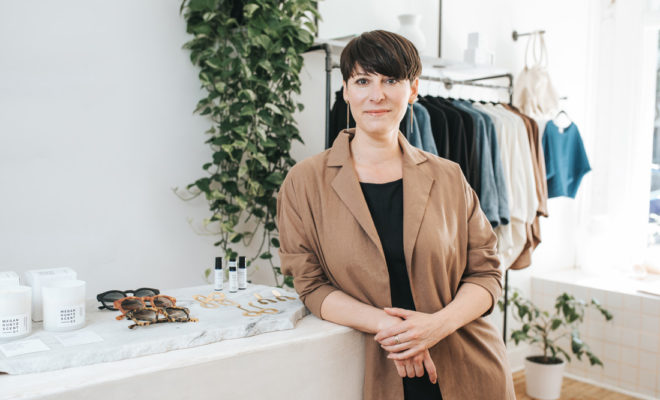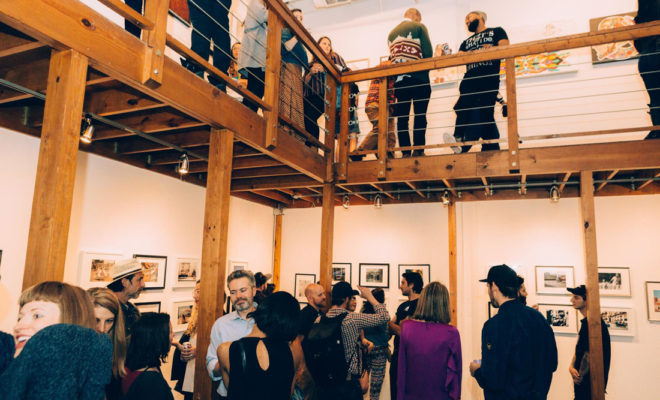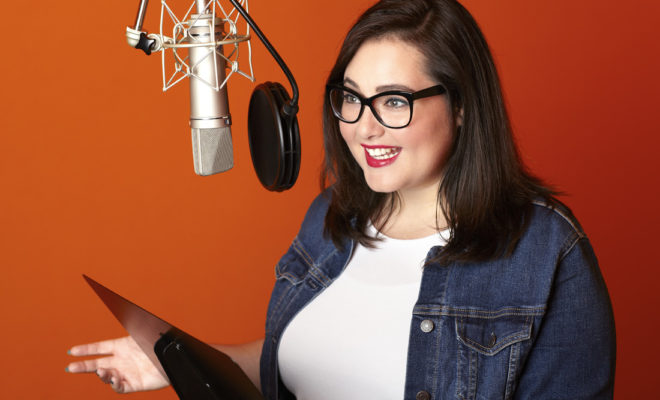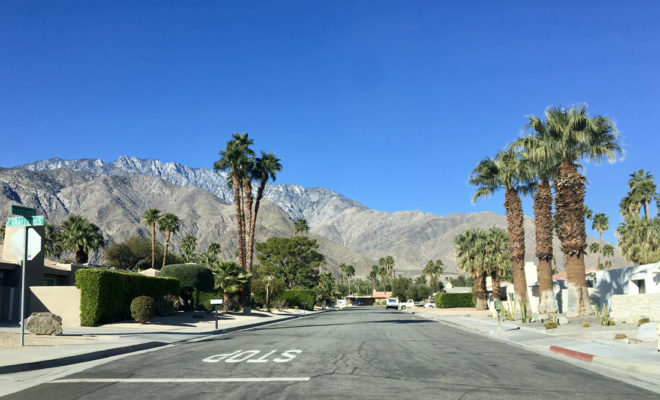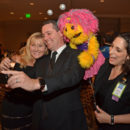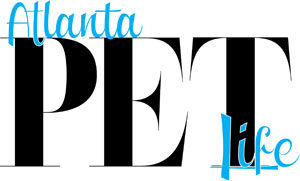Joking Around
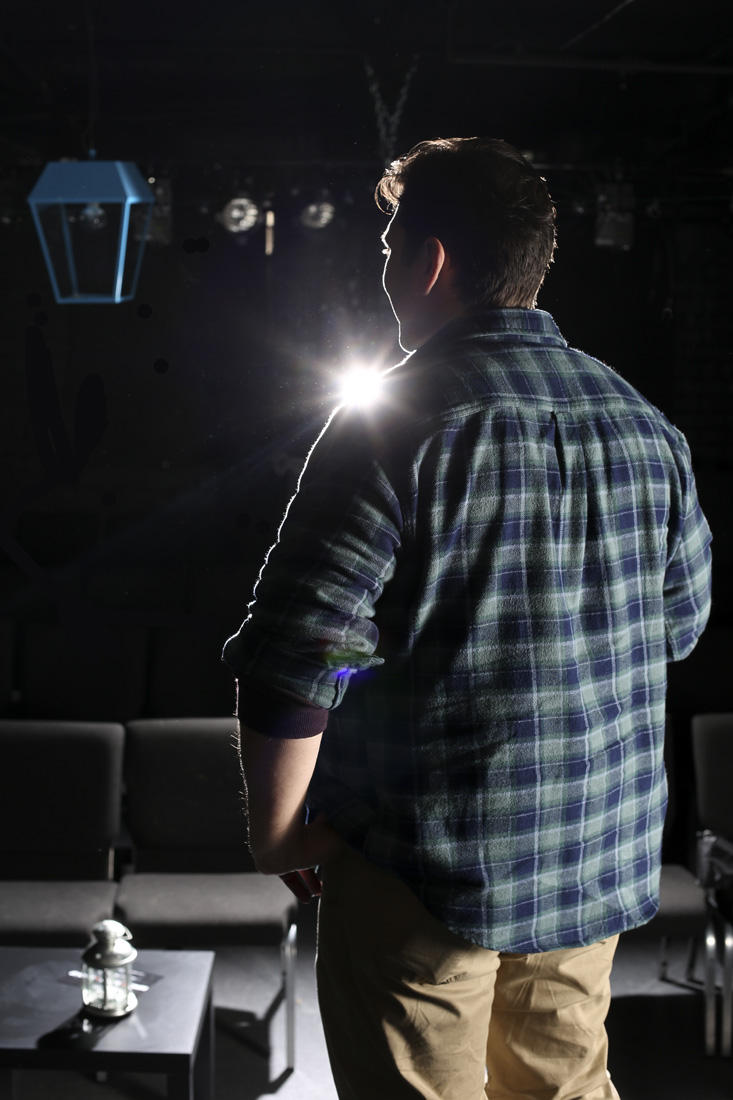
What sketch comedy writing taught me about my comfort zone.
After spending years as a writer and editor covering all things Atlanta, I thought I’d immersed myself in every aspect of culture the city had to offer. But one avenue I’d never really explored was ATL’s comedy scene. So, when I saw a friend’s social media post about toying with the idea of signing up for sketch comedy writing classes a few months back, my curiosity was instantly piqued.
I’d been to a handful of improv nights and standup comedy shows, and I’d interviewed my fair share of comedians. I’ve always admired funny women—I grew up watching icons like Lucille Ball and Carol Burnett, then later, the likes of Tina Fey, Amy Poehler and Mindy Kaling. I consider myself relatively quick-witted, but writing jokes that were longer than the 140 characters Twitter permits was completely uncharted territory. I let the idea marinate in the back of my mind, then after talking it over with a few supportive fellow writers, I decided to take a page from Kaling’s handbook and say, why not me? I took the leap and signed up for Highwire Comedy’s “Level 1: Fundamentals of Sketch Comedy Writing” class.
The course (priced at $225) met every Sunday for two-and-a-half hours over eight weeks. Level 1 required no prerequisites or experience; of the dozen or so students, some had a robust acting background, some had dabbled in comedy writing and some, like me, were completely out of their comfort zones. I walked into my first class nervous but excited to stretch my writing muscles and flesh out some of my half-formed Twitter drafts. After brief introductions, we started putting pen to paper.
The first few classes involved a lot of brainstorming and discussing the building blocks of sketch writing: the terminology, how to set up jokes and ways to establish a scene. After that, we spent most of the class time reading one another’s sketches—usually two-person dialogs—out loud that we’d written for that week’s homework. We cast our sketches, then classmates role played, and we got to see which of our jokes landed and which didn’t. Afterwards, we spent time talking about why. The environment always felt very supportive, and it was a great hands-on way to get a feel for how actual writers’ rooms worked for the stage and TV shows. I left each class feeling markedly more knowledgeable and confident in my skills than the week before.
Each level of the program ends with a “grad show,” when one sketch from each student is read (not performed— people simply read the script aloud on stage) in front of a live audience. At first, we were told sketches would be read by actors, but as the show grew closer, we were told we’d be reading each other’s scripts ourselves. Cue the cold sweats. While a few students and myself stated we had no desire to take the stage (I’m a writer after all, not a performer), our instructor assured us that, as a level 1 show, expectations for us to be funny were low, so we eventually agreed. In the end, our scripts were strong, we got some good laughs and no one puked on stage due to nerves, so I’d say it was a success. I signed up for level 2 the next day.
I wasn’t sure what my ultimate goal was for going into sketch writing. But throughout the course, I gained confidence in my comedy, learned how to structure written dialog and found a new passion that I don’t see myself giving up anytime soon.
Highwire Comedy Co.
451 Bishop St. N.W., 30318
470.231.7350
highwirecomedy.com
STORY: Caroline Cox
Photo: Sara Hanna


